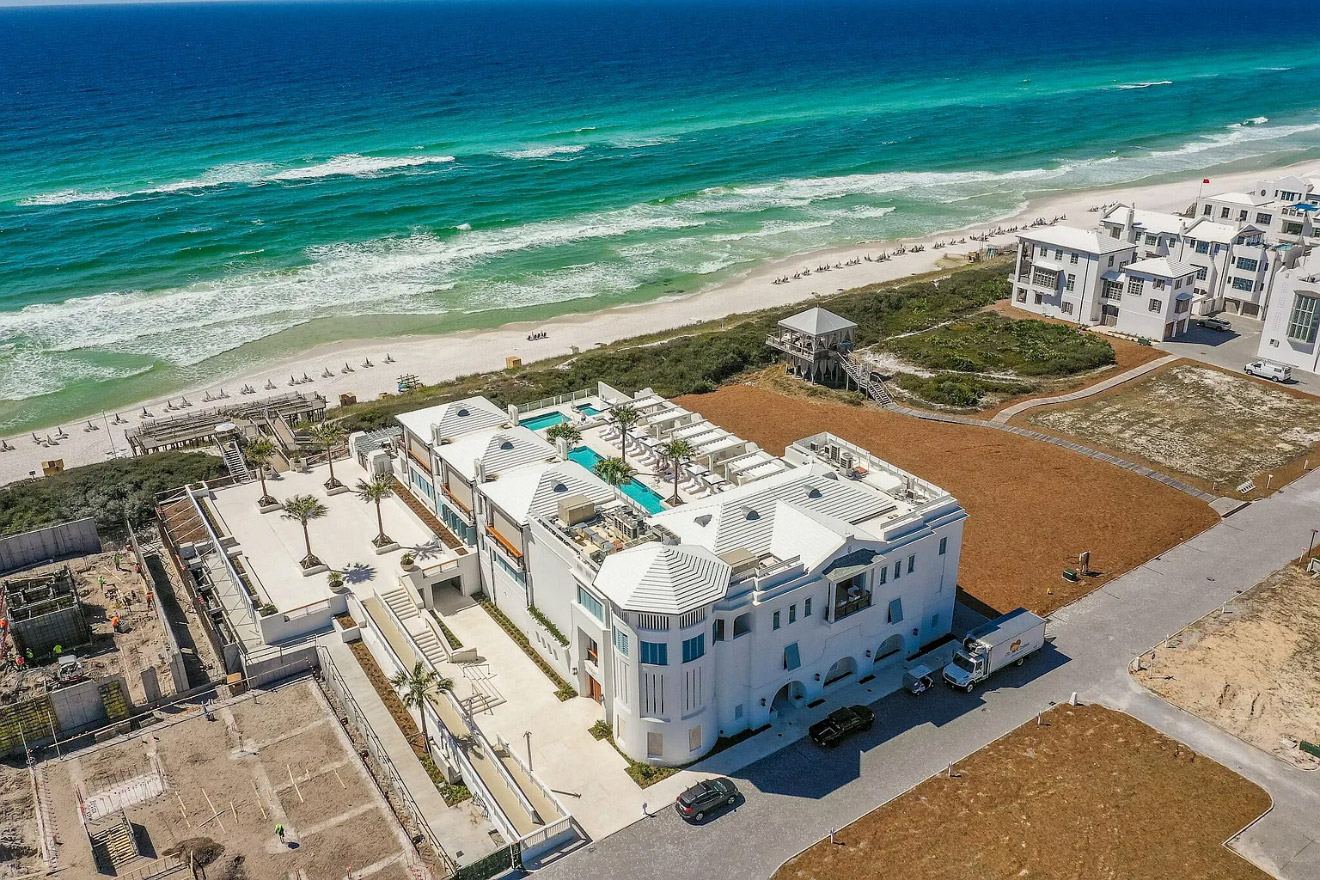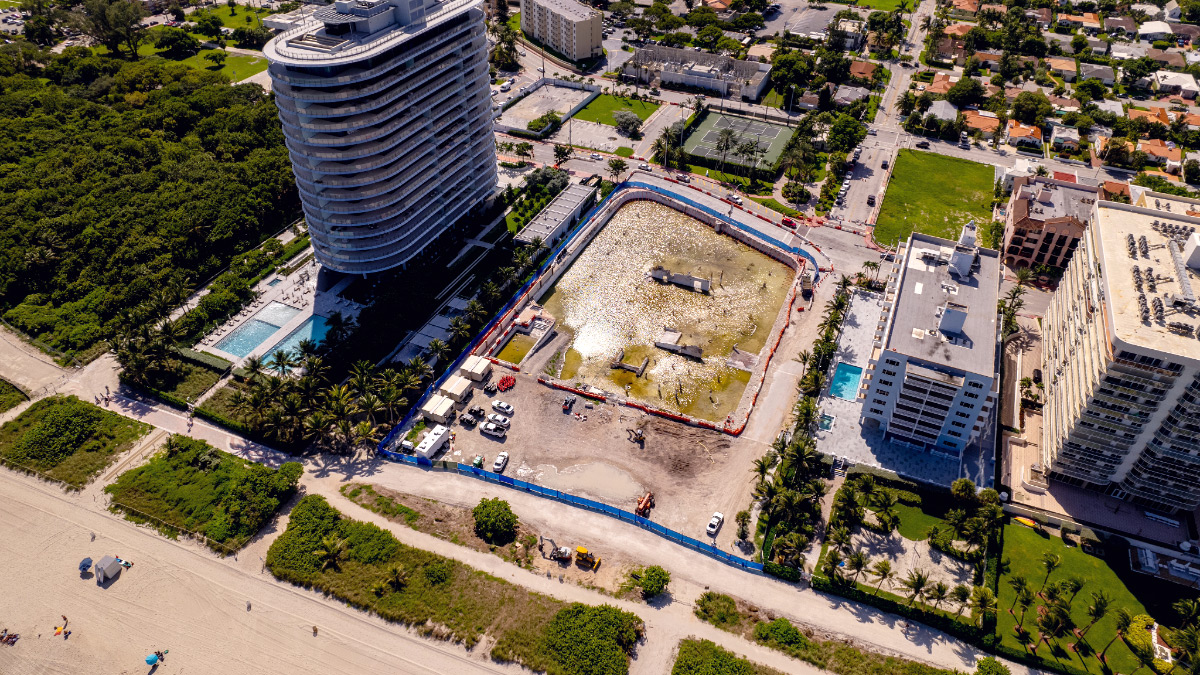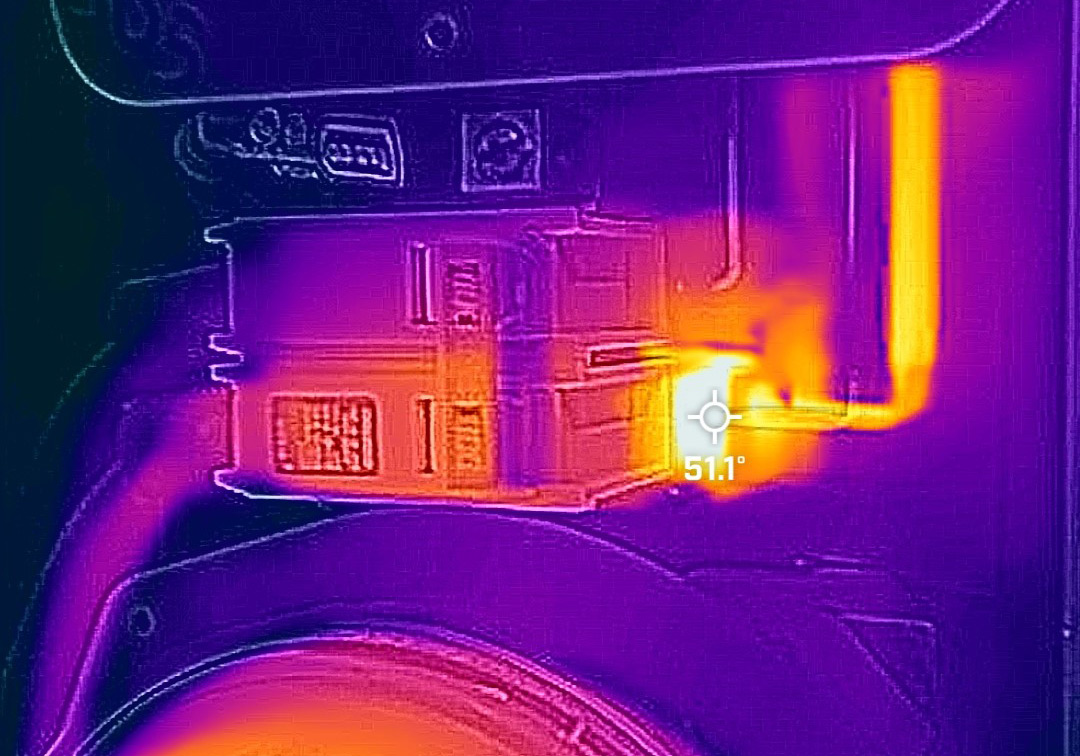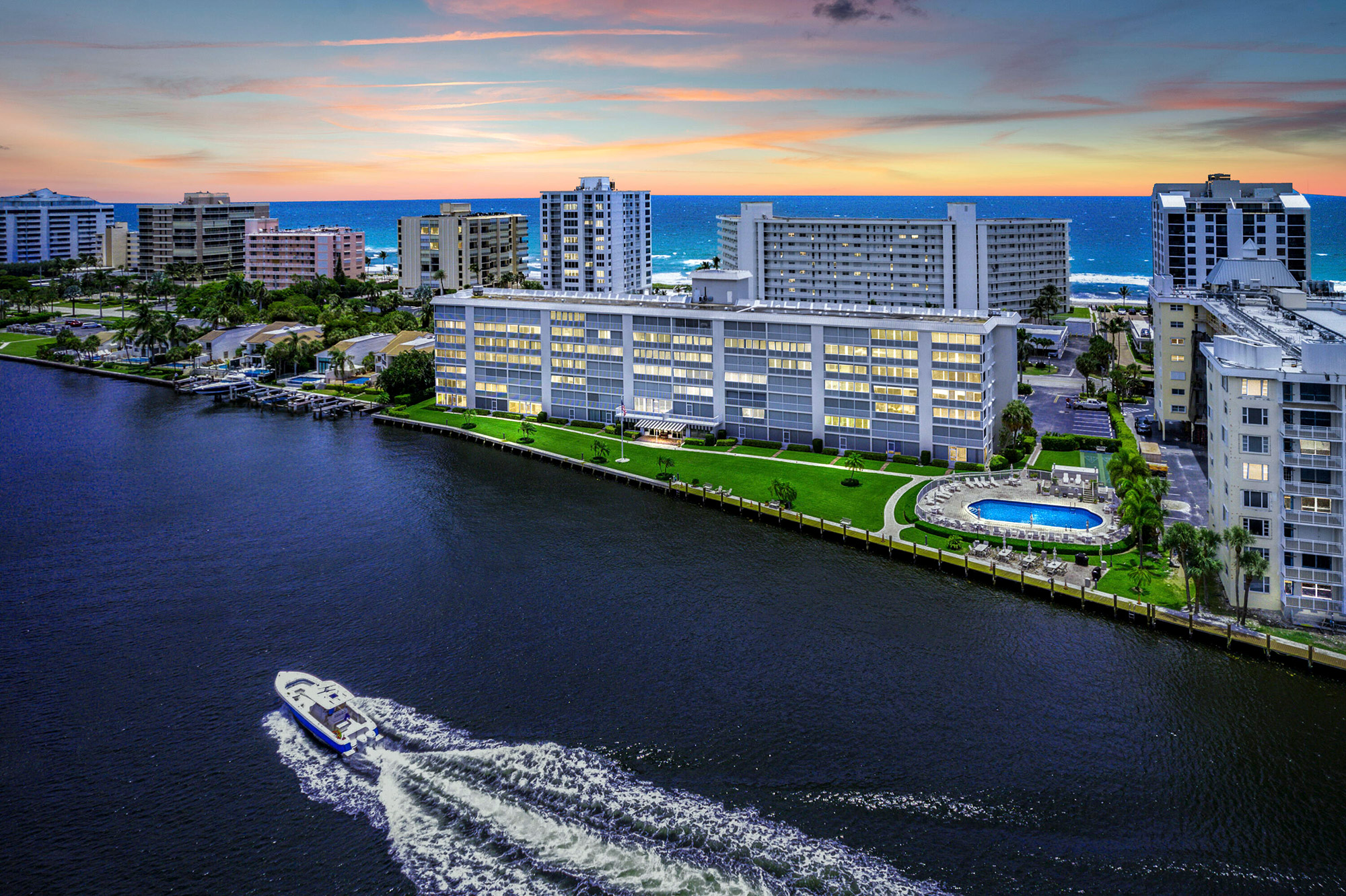
Due to the Surfside tragedy, the Florida legislature “finds that the imposition of a statewide structural inspection program for aging condominium and cooperative buildings in this state is necessary to ensure that such buildings are safe for continued use.” (https://www.flsenate.gov/Session/Bill/2022D/4D)
The most significant changes can be broken down into three categories:
- Milestone Inspections
- Structural Integrity Reserve Studies
- Developer Turnover Requirements
It is important to note that all Milestone and Structural Integrity Reserve Study inspections shall be performed by a Florida licensed Professional Engineer or Architect.
Milestone Inspections
Who is affected?
Any Condominium or Cooperative Association building, 3 stories or more in height, and 25 or 30 years old from their date of Certificate of Occupancy (CO).
- The Association is responsible for all costs associated with the inspections
What are the inspections?
Structural inspection of the building performed by a licensed Architect or Engineer, attesting to (as reasonably possible)
- Life safety
- Adequacy of the structural components
- General structural condition of the building, which affects safety
- Determination of any necessary maintenance, repair, or replacement of any structural component.
Phases 1 Milestone Inspection
- A visual examination of habitable and non-habitable areas of a building, including the major structural components, and provide a qualitative assessment of the structural conditions of the building.
- If the architect or engineer finds no signs of substantial structural deterioration to any building components under visual examination, phase two of the inspection, as provided in paragraph (b), is not required.
- An architect or engineer who completes a phase one milestone inspection shall prepare and submit an inspection report under subsection (8).
Phase 2 Milestone Inspection
- Must be performed if any substantial structural deterioration is identified during phase one.
- A phase two inspection may involve destructive or non‑destructive testing at the inspector’s direction. The inspection may be as extensive or as limited as necessary to fully assess areas of structural distress to confirm that the building is structurally sound and safe for its intended use and recommend a program for fully assessing and repairing distressed and damaged portions of the building.
- When determining testing locations, the inspector must give preference to locations that are the least disruptive and most easily repairable while still being representative of the structure.
- An inspector who completes a phase two milestone inspection shall prepare and submit an inspection report.
When are they required?
Must be completed by December 31st of the year in which the building reaches 30 years of age based on the Certificate of Occupancy (CO), and then every 10 years after that.
For Buildings within three (3) miles of the coastline
Inspections must be completed by December 31st of the year in which the building reaches 25 years of age (based on CO), and then every 10 years after that.
For buildings with COs issued on or before July 1, 1992:
The initial milestone inspection must be performed before DECEMBER 31, 2024.
- If the CO issuance date is not available, the date of occupancy shall be that which is evidenced in any record of the local building official.
What they are NOT:
- The purpose of such inspections is not to determine if the condition of an existing building is in compliance with the Florida Building Code or the fire safety code.
- Substantial Structural Deterioration does not include surface imperfections such as cracks, distortion, sagging, deflections, misalignment, signs of leakage, or peeling of finishes unless the licensed engineer or architect performing the inspection determines that such surface imperfections are a sign of substantial structural deterioration.
- Does not apply to single, two, or three-family dwellings with 3 or fewer habitable stories above ground.
Structural Integrity Reserve Study
- Condominium and cooperative associations shall conduct a “structural integrity reserve study” every 10 years for each building three stories or higher.
The Study must address, at a minimum, the following items as related to the structural integrity and safety of the building:
- Roof
- Load-bearing walls or other primary structural members
- Floor
- Foundation
- Fireproofing and fire protection systems
- Plumbing
- Electrical systems
- Waterproofing and exterior painting
- Windows
- Any other item that has a deferred maintenance expense or replacement cost that exceeds $10,000 and the failure to replace or maintain such item negatively affects the items listed in subparagraphs a.-i., as determined by the licensed engineer or architect performing the visual inspection portion of the structural integrity reserve study.
- Effective July 1, 2024, condominium and cooperative associations are prohibited from using reserves outside of their purposes, waiving the reserves, or reducing the funding of reserves for certain structural components of the property.
- Associations existing on or before July 1, 2022, controlled by unit owners other than the developer, must have the Structural Integrity Reserve Study completed by DECEMBER 31, 2024.
At a minimum, a Structural Integrity Reserve Study must:
- Identify the common areas being visually inspected.
- State the estimated remaining useful life.
- State the estimated replacement cost or deferred maintenance expense of the common areas being visually inspected.
- Provide a recommended annual reserve amount that achieves the estimated replacement cost or deferred maintenance expense of each common area being visually inspected by the end of each common area’s estimated remaining useful life.
Developer Turnover Requirements
(Underlines included to denote the additions to the statute)
Developers are now required to submit to the Association a milestone inspection report in compliance with s. 553.899 included in the official records, under the seal of Florida Licensed Professional architect or engineer, and attesting to required maintenance, condition, useful life, and replacement costs of the following applicable condominium property comprising a turnover inspection report:
- Roof.
- Structure, including load-bearing walls and primary structural members and primary structural systems as those terms, are defined in s. 627.706.
- Fireproofing and fire protection systems.
- Elevators.
- Heating and cooling systems
- Plumbing
- Electrical systems
- Swimming pool or spa and equipment
- Seawalls
- Pavement and parking areas
- Drainage systems
- Painting
- Irrigation systems
- Waterproofing
(r) A copy of the association’s most recent structural integrity reserve study.
About the Author

With a comprehensive background spanning public and private projects, Scott’s proficiency encompasses structural engineering design, construction oversight, and forensic analysis. His role involves investigating structural failures, construction defects, and code compliance to ensure project integrity while upholding safety standards and building codes. Beyond his investigative prowess, Scott is a skilled design engineer, contributing to diverse architectural facets including building envelope systems and designs for various materials. His extensive portfolio includes projects ranging from residential designs to commercial structures like warehouses and piers. Across all phases of project development, from conception to inspection, Scott’s dedication to innovative and compliant engineering solutions shines through.
Contact me for more information: info@buildingmavens.com






